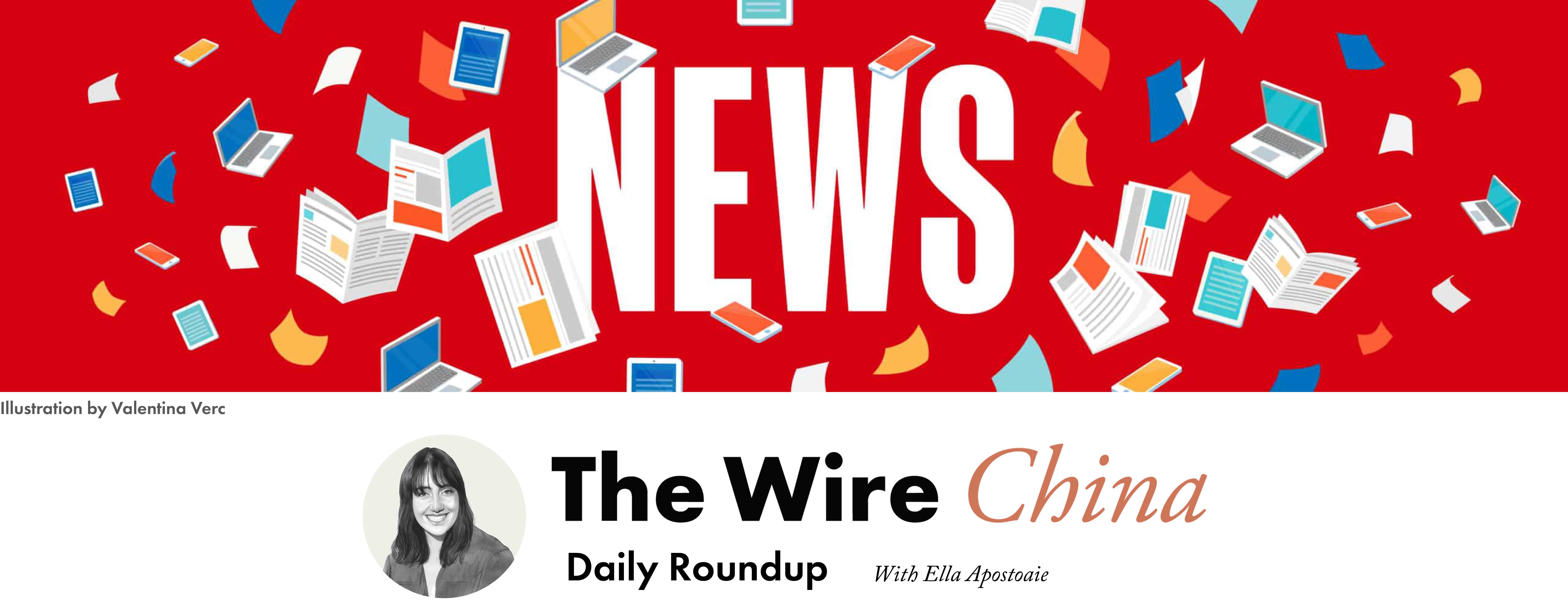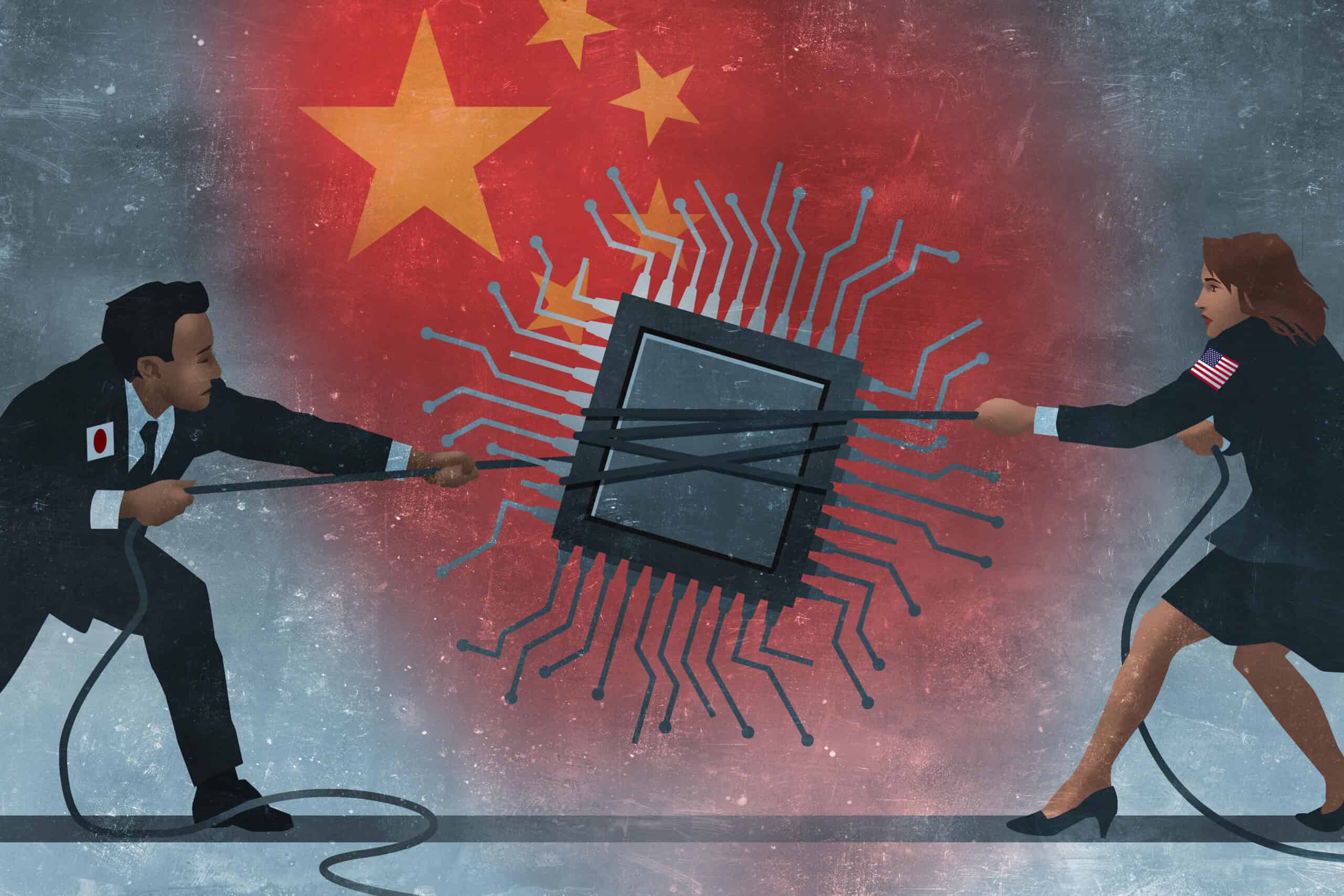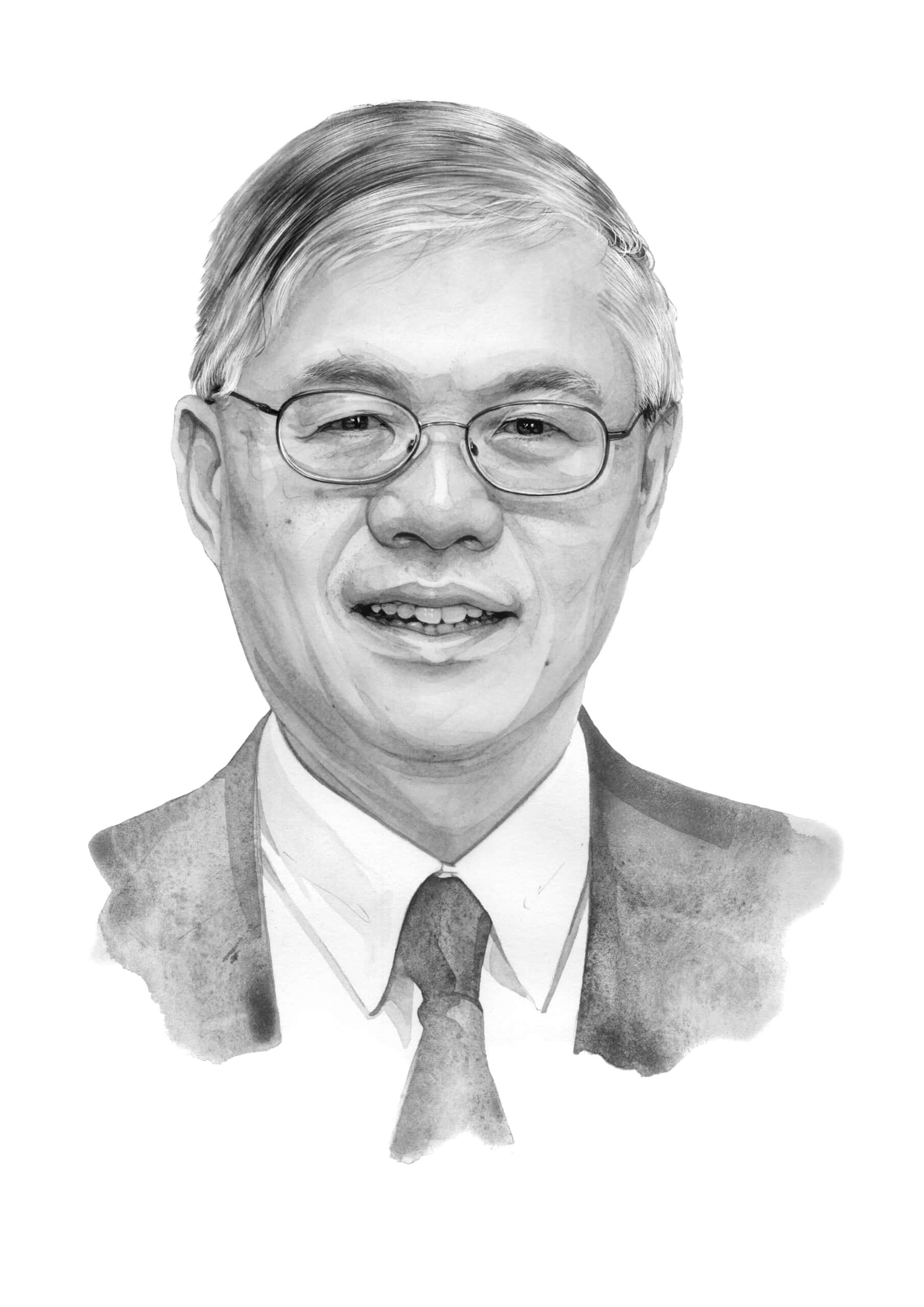The Wall Street Journal
Alibaba Boosts Stock Buybacks as Profit Slumps — The Chinese e-commerce giant attributed the 69% profit plunge to $3 billion in impairments linked to its Sun Art retailer business and its Youku video platform.
China, Battling a Stock-Market Rout, Replaces Its Top Securities Regulator — Beijing is intensifying efforts to stem a painful slump in share prices.
A Stock Bailout Won’t Solve China’s Troubles — Chinese stocks shot higher this week on expectati
Navigate China's Business Landscape with Confidence.
- Gain visibility into supplier risks
- Easily manage trade compliance
- Conduct in-depth due diligence




